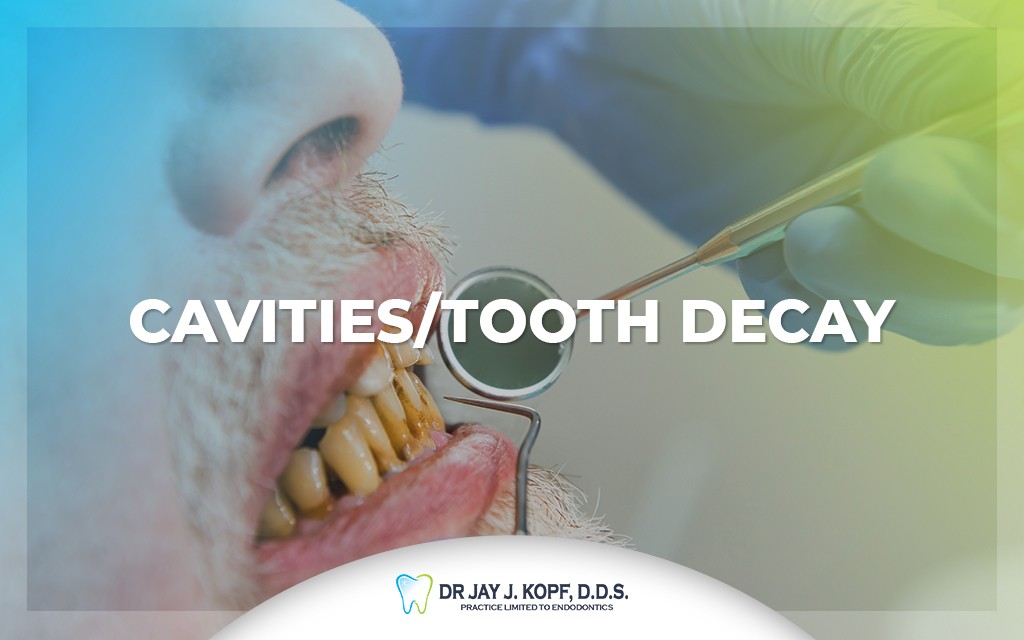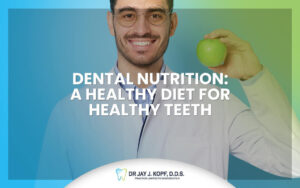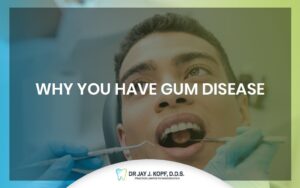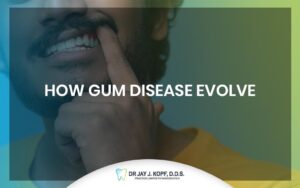Cavities are permanently damaged areas on the hard surface of your teeth that develop into small openings or holes. Caries is a disease caused by a combination of factors such as bacteria in the mouth, frequent snacking, sipping sugary drinks and insufficient brushing of teeth.
Cavities are one of the biggest health problems in the world when it comes to teeth and gums. They are especially common in children, teenagers and the elderly. Regardless of a person’s age, anyone can get tooth decay, including infants.
If caries is not treated, it spreads to other healthy teeth and becomes larger and can cause significantly more problems and infections. Caries can lead to strong inflammatory processes as well as tooth loss. Regular visits to the dentist and good habits of brushing and flossing are the best protection against cavity.
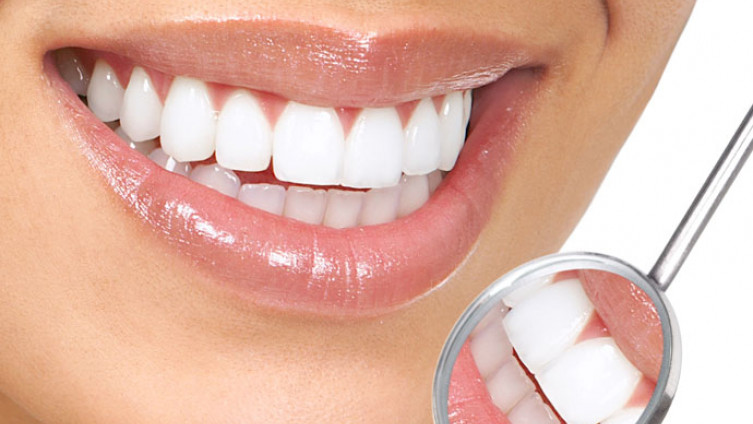
What causes this problem?
When we don’t brush our teeth regularly and floss, bacteria and the food we eat build up and form a sticky substance called plaque.
During the day, bacteria feed on the food we eat. When we eat or drink sugar, the bacteria in our mouth use it to live and create acid. This acid stays on our teeth and attacks the outer surface of our teeth. Over time, the acid wears out our teeth, causing caries.
Enamel is the outer hard shell that protects our teeth. Beneath the enamel is dentin. Dentin is not as hard as enamel. This facilitates the spread and increase of caries. Below the dentin is the pulp. The pulp is where the nerves live and the blood supply to the tooth.
How to prevent this problem?
In addition to daily brushing and flossing, there are a few other things we would like to draw your attention to.
Try not to nibble so often
If someone eats a snack several times a day, and those snacks are chips or pretzels, these are still carbohydrates that bacteria will consume and, unfortunately, create more tooth decay. Stick to three meals a day and try to limit snacks. Also, always keep in mind how many vitamins and minerals each food contains and how it affects the whole organism and therefore how it will affect your teeth.
Brush your teeth
If you are prone to regular snacking snacks or if you are prone to having snacks, then get into the habit of brushing your teeth regularly right after snacking. This will prevent bacteria from feeding on leftover food that will remain between your teeth.
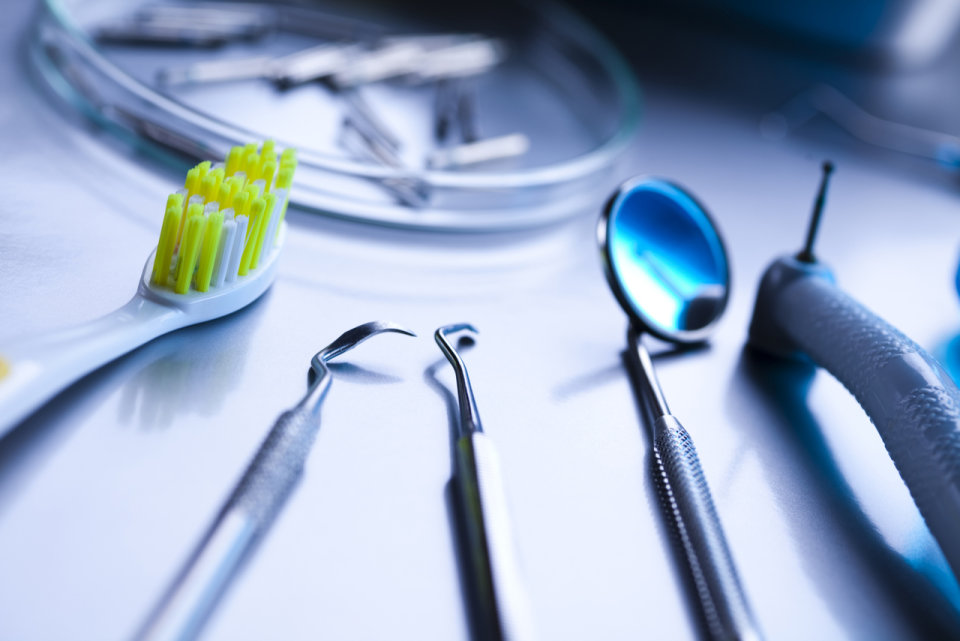
Chew gum
In addition to preventing you from nibbling, sugar-free chewing gum stimulates your saliva flow. It will also partially clean your teeth at least when you are unable to brush your teeth immediately after a meal. In addition, it will maintain freshness and prevent the appearance of unpleasant odors.
Many dental problems, even deep caries, develop without any pain or other symptoms. Regular dental checkups are the best way to catch tooth cavities before it gets worse. Early diagnosis means easier treatment. Make regular visits to your dentist a habit and obligation that you will be happy to perform from time to time to prevent potential problems and of course, to maintain the beauty of your teeth and your beautiful smile.

